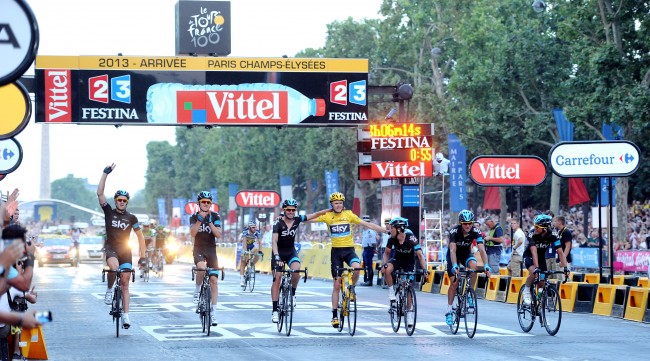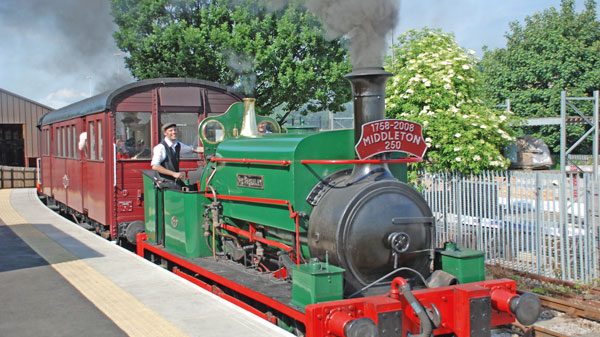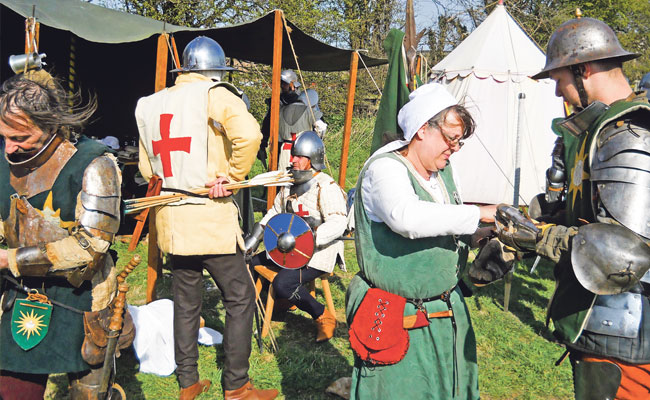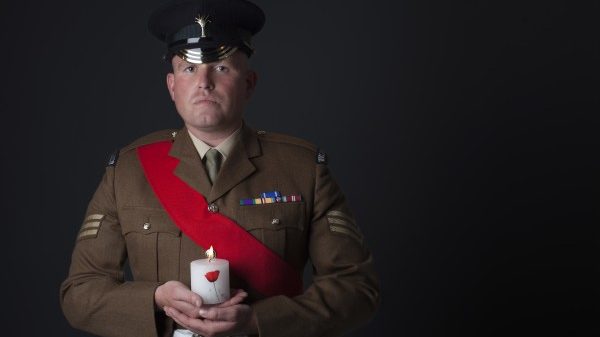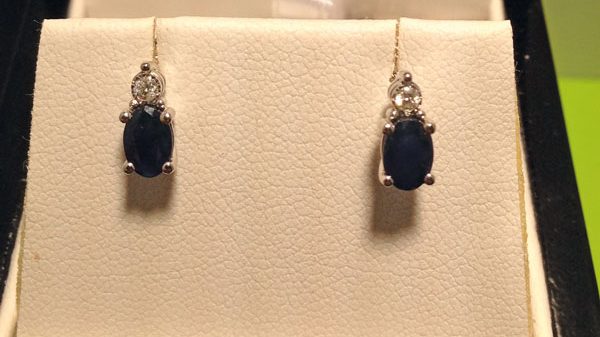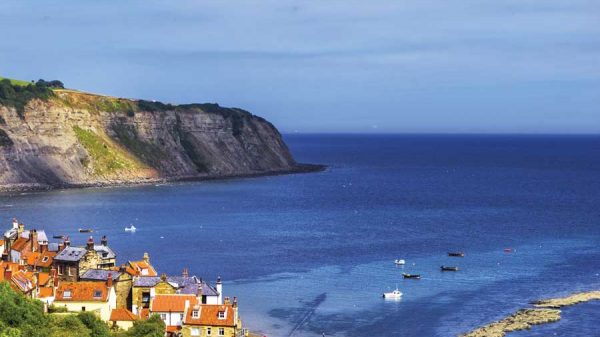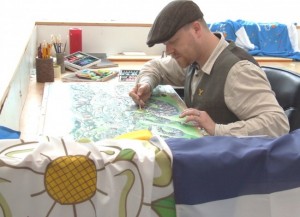Tour de France fever has hit across the country this July after months of preparation and excitement. To celebrate the world famous sporting event taking place across England and of course Yorkshire hosting the Grand Départ, we are taking a look at how it all started and the legacy it will leave behind in Yorkshire.
The Dreyfus Affair
The birth of the Tour de France can be traced back to the Dreyfus Affair. From 1894 to its final resolution in 1906, the Dreyfus Affair was a political scandal which divided the people of France. It started when Alfred Dreyfus, an artillery officer in the French army was convicted of treason for giving French military secrets to the German Embassy. Two years later, the military suppressed evidence that had come to light proving Dreyfus innocent and a higher ranking officer guilty. Rumours of the military framing Dreyfus became widely known amongst the public and caused uproar across France. The people were divided into those who believed him innocent, and those who thought him guilty.
[private]
But what has this got to do with the Tour de France? Le Vélo was the largest daily sports paper in France at this time. Pierre Giffard, the editor of the paper, who was pro Dreyfus, wrote an article about the affair and a subsequent incident at a horse race course. One of the individuals who featured heavily in the article after his arrest at this incident was the Comte Jules-Albert de Dion. He served 15 days in jail and was heavily fined for hitting the French President on the head with a walking stick during the demonstration. De Dion was so infuriated at his portrayal in the article that he decided to start up a rival newspaper in order to put Giffard out of business. This paper was called L’Auto.
The Tour de France is Born
At this time Le Vélo was selling around 80,000 copies a day, and by late 1902 L’Auto was not succeeding in being the rival paper it was intended to be. De Dion had appointed Henri Desgrange – a prominent cyclist and co-owner of a velodrome as the editor of L’Auto. During a crisis meeting on the 20th November 1902 to discuss the falling sales of the paper, a radical idea was suggested. Géo Lefévre, the chief cycling journalist for the paper, thought that if the highly popular long distance cycling races which normally took place on the track, could be held around the villages and towns of France, this would prove to be a major event on which to report. The idea was that his proposed 6 day race would boost sales of L’Auto dramatically. The length of race suggested had never been attempted before, and many of the staff at the paper including Desgrange had doubts. However, after much discussion it was agreed upon, with the financial director of the company handing over the safe keys and saying “take what you need”. The first ever Tour de France was announced in L’Auto on the 19th January 1903.
The First Tour de France
The initial plans for the race were highly challenging and costly for the cyclists, and as a result there were only 15 entrants. It was to take place from the 31st May to 5th July, starting and ending in Paris, and passing through Lyon, Marseille, Bordeaux and Nantes. The cyclists would have to travel through the night until the following afternoon with a rest day before setting off again on the next leg of the journey.
Due to the disappointing sign up for the event, Desgrange was close to cancelling. Instead, he changed the plans by cutting the length to 19 days which would now be on the 1st-19th July. He also offered a daily allowance equivalent to an average factory workers wage for all cyclists who travelled an average of 20km/h minimum on all stages. As well as this financial incentive, the entry fee was halved from the original 20 Francs.
The changes encouraged many more to enter the race and on 1st July 1903, 60 cyclists set off from the village of Montgeron. At the end of six massive stages, only 21 cyclists arrived at the finish line in Paris with the overall winner Maurice Garin. Garin’s prize was 6075 francs, which at the time was a large amount of money. The French public had taken the event to their hearts and had lined the roads of their villages and countryside to watch with astonishment as the cyclists passed through. The first Tour de France was a great success!
The second Tour the following year was nearly the last due to problems with cheating and “passionate fans” who were even beating up rival cyclists. The leaders of this race including the winner – again Maurice Garin were eventually disqualified. The decision was delayed until November of that year as the UVF were “…aware of the passions aroused by the race.”
Despite these problems, L’Auto achieved what they had set out to do when they created the Tour. Le Vélo went out of business in 1904 and their own circulation rose steadily over the years.
The popularity of the Tour has continued to flourish over the years, and while most stages still take place in France it has become increasingly common to start, or pass through nearby countries.
Tour de France Yellow
Since the announcement of the 2014 Grand Départ, the people of Yorkshire have been seeing yellow. Yellow bikes have appeared all over the race route, for months people have been planting yellow flowers, in fact the whole of the county is really getting into the spirit of things. Businesses flying yellow flags and of course there is the famous yellow jersey.
Yellow has always featured in the Tour – the leader of the first Tour de France was given a yellow armband to wear and in 1930 Desgrange insisted that all competitors ride a plain yellow bicycle without a maker’s name in a campaign against sponsors. The yellow jersey appeared in 1919 and has been a major symbol of the Tour ever since. The first British cyclist to ever wear the yellow jersey was Tom Simpson back in 1962. Why yellow? A possible answer is that the L’Auto newspapers were printed on yellow paper and this is why the colour was originally chosen.
British Cyclists in the Tour de France
The 2012 Tour de France was the first to be won by a British cyclist, Bradley Wiggins. We can all remember him standing proudly on the podium in the yellow jersey with his teammate Christopher Froome also up there taking 2nd place, this was followed in 2013 with an overall classification win for Froome. Wiggins said at the time “It's been a magical couple of weeks. Some dreams do come true. My old mother over there, her son's just won the Tour de France!” Perhaps the most famous UK cyclist though, is Mark Cavendish who has won a massive 23 stages out of the total 51 stage wins by us Brits. Two of these stage winners were from Yorkshire – Barry Hoban with 8 wins, and Brian Robinson who was the first to win two stages in 1958 and 1959. Brian Robinson said of his 1959 win “I’d planned several days before, that that was the day I was going to put 110% in…………I got to the top and I was off. I could hear the other riders shouting behind me and I just put my head down and went.”
The Tour de France Legacy in Yorkshire
With the opening ceremony at Leeds Arena being the biggest in the history of the Tour de France, and a Yorkshire wide ringing of bells- from church to bike bells, we are certainly showing our enthusiasm and excitement for the event. The Tour is receiving our famous Yorkshire welcome! But what do the people of Yorkshire hope to take from the Grand Départ long after this year’s Tour has passed through our beautiful county? There are many more individuals taking up cycling in our region due to the publicity of the event, and also the many new cycle tracks and facilities that have opened as a result of hosting the Tour. These include the Wyke Beck Way cycle route which runs from Temple Newsam to Roundhay Park, and the Eccup Reservoir and North Leeds Countryside route. Our local councils have been holding cycling events, and it was announced that Yorkshire will host an annual international cycling race from next year. The race will be over a 3 day period and will hopefully attract entrants from across the globe.
The Yorkshire Reporter wishes Chris Froome good luck in defending his title and the rest of the team best of luck for the 2014 Tour de France. We hope to see him on the podium again when the race ends on the 27th July for another British victory!
[/private]
